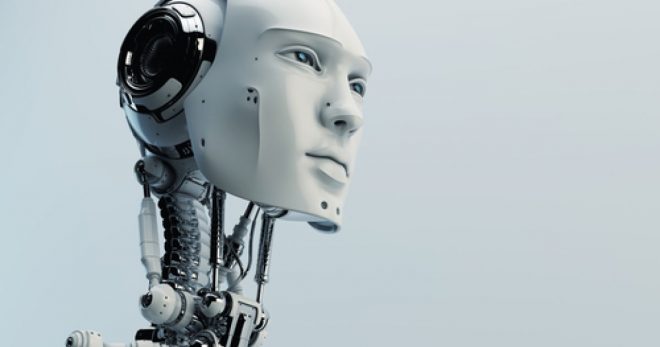
Artificial Intelligence and its Impact on Education in Pakistan
Introduction
The newest concept of the ongoing era is artificial intelligence, which is swiftly taking over various sectors across the globe and is a major part of revolutionizing and globalizing the modern world. Along with its introduction to various sectors, it has prominently influenced the education sector as well and like all other countries, the power of AI has been recognized in Pakistan as well. AI refers to the development of the computer systems in such a way that the computer is able to perform tasks that require human intelligence. Artificial intelligence is increasingly influencing the modern world each day. This article would discuss how this considerably new concept is influencing the education sector in Pakistan.
What is Artificial Intelligence?
Artificial Intelligence (AI) is integrating Pakistan’s educational landscape in such an immense was the learning experience of the students is transforming altogether as well as addressing prevalent challenges.
The education system, though quite improved in the last few years, it still faces a number of hurdles and hindrances including inadequate resources, teacher shortages, inadequate infrastructure, gender differences and disparities in educational quality, especially in rural areas. However, the introduction and application of artificial intelligence offers a significant potential to mitigate these issues and provide a better future for this sector in Pakistan.
Artificial Intelligence and the Education Sector
Artificial Intelligence has a potential to provide personalized learning experience which can be a game changer in the present scenario. Although Artificial Intelligence would lack the human touch, but it can be a near to real experience. Student learning patterns can be analyzed and the algorithms can be developed in a way that could provide tailored educational content. Teaching methodologies can also be tailored made based on the AI and thus programs according to the student needs can be developed. Companies like SABAQ and RuboTutor are working on the same lines in order to produce AI-powered applications which will adapt content that is based on students learning patterns, pace and preferences, hence better understanding as a result and therefore enhanced engagement and understanding.
It has been witnessed that AI also has the ability to facilitate innovativeness and enhance teaching methods and learning resources. One of such programs based on AI is an initiative by Punjab Government called “Taleem Ghar” which was mainly introduced during the COVID-19 pandemic. The program employs AI driven tools for broadcasting educational content on TV and other online platforms. The program ensured continuity in learning despite of the closure of schools and colleges.
Hindrances to implement AI
Despite the promising prospects, the integration of AI into Pakistani education faces challenges. Limited access to AI technology due to financial constraints and inadequate infrastructure is a significant hurdle. Ethical considerations regarding data privacy, security, and potential biases in AI algorithms also require careful attention and regulation.
However, Pakistan and the authorities in the education sector have recognized the potential of AI in education. Projects like the “RoboTutor” project by the Information Technology University and “Zaya Learning Labs” showcase AI-driven tutoring systems and adaptive learning platforms that have positively impacted students’ learning outcomes. The authorities are inclined towards the development of such programs which would use the inculcation of AI and develop automated programs that would help to increase the student learning potential, thus having to offer further benefits that would stay long term.
The Lack of Human Touch
Here, I would also like to tell that there is a little downside to the use of AI as well. Although AI holds vast potential to further transform education in Pakistan, but I feel that depending too much on machine while taking out the human touch totally can never be much too good. I would also like to say that an AI based machine could increase the learning of students that is based on the bookish knowledge, but the loss of human touch would never be able to enlighten the students with the practical experience that only a teacher can give. Some things only come with experience and those can only be taught be a seasoned teacher, who has been through the thick and thins of life, climbed mountains and travelled the seas (idiomatically of course).
Conclusion
In conclusion, Artificial Intelligence presents unprecedented opportunities to revolutionize education in Pakistan. By addressing existing challenges and harnessing the potential of AI-driven innovations, the country can pave the way for a more dynamic and impactful educational landscape. Together the teachers (unreplaceable by any machines) and the AI based programs can improve the overall learning experience for a better Pakistan.

Content writer, educationist, teacher, researcher, social media manager, and a SEO manager from lahore. She has been working as a freelance academic and non-academic writer for more than 20 years now. She has a passion to learn new things and has a knack for writing and she combines both things to produce write ups she pours her heart out in.

